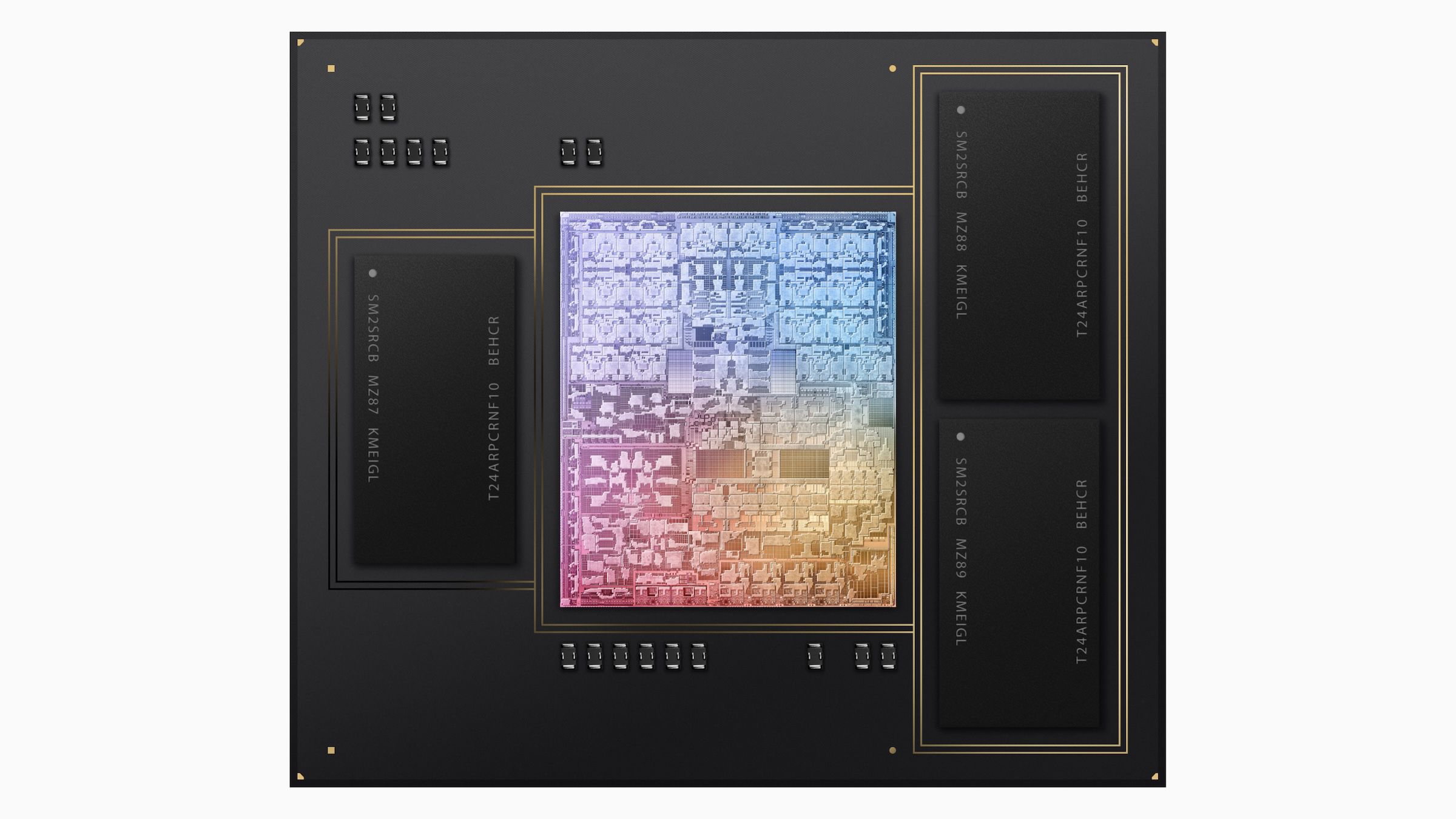CLion and the Open-Source Community: Growing Together
From the beginning, CLion has been shaped by the needs of C and C++ developers around the world. Our cross-platform IDE was built to simplify development, boost productivity, and make working with C++ more enjoyable. We’re excited to take the next step in our ongoing collaboration with the community: CLion is now free for non-commercial […]


From the beginning, CLion has been shaped by the needs of C and C++ developers around the world. Our cross-platform IDE was built to simplify development, boost productivity, and make working with C++ more enjoyable.
We’re excited to take the next step in our ongoing collaboration with the community: CLion is now free for non-commercial use, including open-source development. If you’re contributing to an OSS project or starting your own, there’s never been a better time to try it out.
Just look at the below open-source projects built with CLion – powerful debuggers, reverse engineering tools, legendary file managers, and libraries used around the world. These are shining examples of what developers can do when they have the right tools.

JSON for Modern C++
Created by: Niels Lohmann
Tech stack: Header-only C++11+, CMake
JetBrains tools used: CLion
Created during a university project, JSON for Modern C++ started as a helper file for logging analytics data and then evolved into one of GitHub’s most popular C++ libraries with nearly 45,000 stars.
“…we needed to send some analytic information to a server. I started with a native printf statement, putting all the needed variables into a JSON object. Soon, the logging became more complex, so I moved all JSON-related functions into a header file. This then grew into a self-contained JSON library for C++.”
The library offers an intuitive C++-style interface for JSON parsing and serialization. It’s widely used in industries ranging from game development to aerospace.
“As an open-source maintainer and contributor, I have limited time to work on my projects. CLion’s easy test execution, Git integration, and Clang-Tidy warnings help me stay productive and make the most of that time.”
Future plans:
- Automate the manual release process.
- Optimize performance and clean up the architecture.
- Plan the roadmap for the next major release: 3.0.0.

Midnight Commander
Maintained by: Yury Zaytsev
Tech stack: C, Autotools, POSIX, ncurses
JetBrains tools used: CLion, PyCharm
Midnight Commander (or mc) is a classic terminal file manager with a rich legacy. Originally inspired by Norton Commander from the early ’90s, it has since become widely used and loved in the Unix community for its visual interface, terminal-first design, and extensibility.
Yury, who has been maintaining the project since 2015, recalls his early fascination:
“I vividly remember being fascinated by the blue panes of Norton Commander when I was five. Years later, I rediscovered Unix systems, and the first program I installed was Midnight Commander. It brought that magic back – and that’s when I began contributing.”
Its dual-pane interface helped generations of users interact with Unix systems more efficiently. Despite challenges, development continues decades later. JetBrains tools help keep the aging codebase navigable:
“CLion has completely changed how I write code. The refactoring and renaming tools, code navigation, and features like macro expansion support are invaluable for maintaining massive, decades-old codebases.”
Future plans:
- Migrate to an event loop.
- Continue refactoring and modernizing the infrastructure to improve maintainability.
- Embed a lightweight scripting engine for extensibility.

ImHex
Created by: Nikolaij Sägesser
Tech stack: C++, Qt, LLVM, custom scripting language
JetBrains tools used: CLion, Rider, WebStorm
ImHex started as a side project to explore programming language design and binary data structures. Creator Nikolaij Sägesser built a custom language to define data types and overlay them on binary data. What began as a tool to visualize those definitions grew into a powerful, cross-platform hex editor for reverse engineers.
“I started it during my Bachelor’s thesis – I needed tools like this myself, and a few friends were really frustrated with what was already out there. That gave me the push to keep going.”
ImHex now offers custom scripting, format definition, live parsing, and binary visualization, all in a sleek cross-platform GUI.
“I’m mainly using CLion, and it’s been amazing. Being able to use GCC and Clang on all platforms, especially on Windows, where most things expect MSVC, is a game-changer. With CLion, I can use open source toolchains, debuggers, and build setups everywhere – and it just works.”
Future plans:
- Rewrite the custom programming language to use a VM for execution.
- Expand support for binary formats.
- Improve UI/UX and add more visualization tools.

x64dbg
Created by: Duncan Ogilvie
Tech stack: C++, Qt, CMake (now cmkr), custom plugin system
JetBrains tools used: CLion
x64dbg is a well-known debugger among reverse engineers, especially on Windows, where accessible debugging tools have historically lagged behind. Duncan started it as a high school graduation project to fill that gap, drawing inspiration from OllyDbg.
“There was nothing user-friendly for 64-bit debugging at the time, and I was naive enough to just start building one.






















































































































































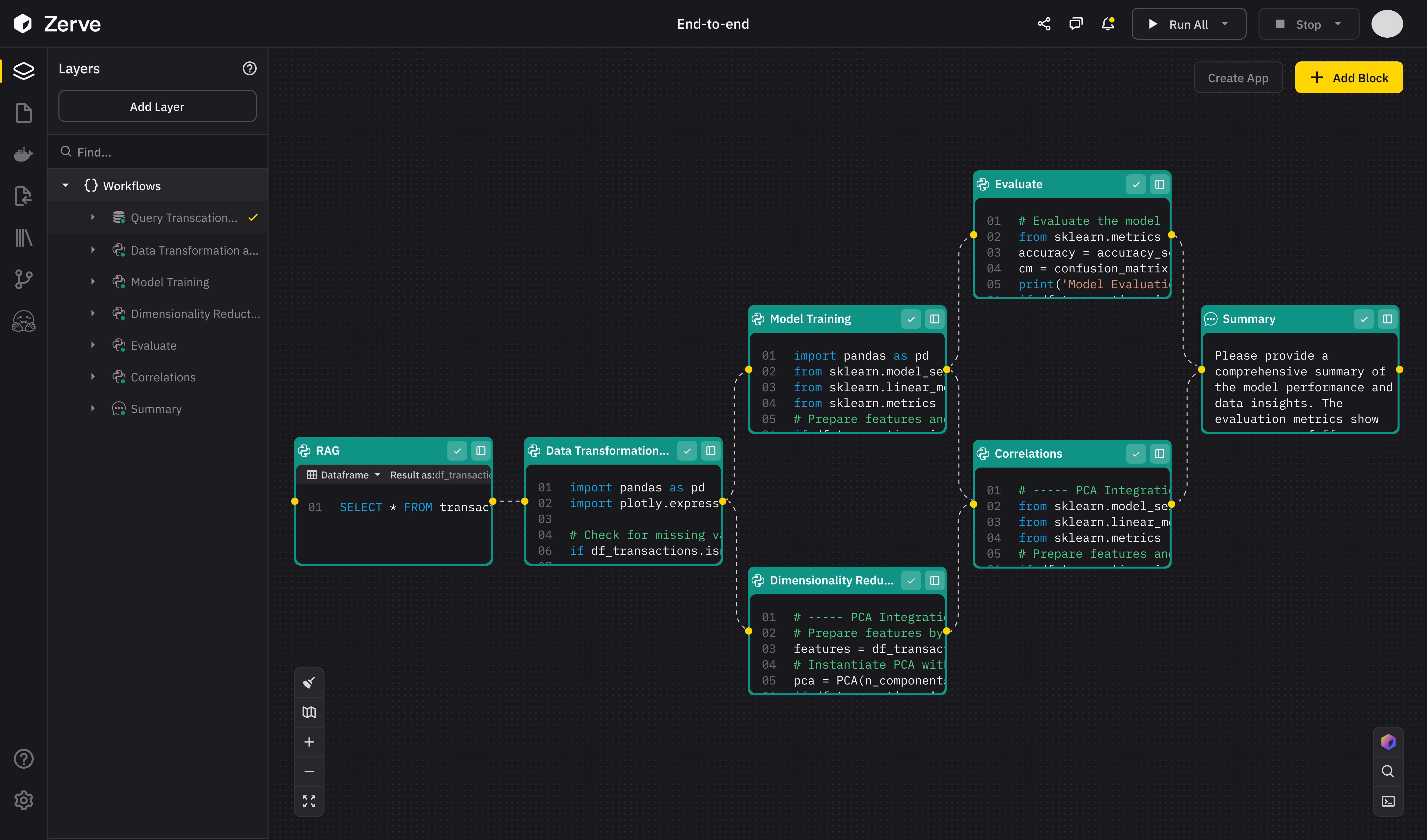













![[The AI Show Episode 147]: OpenAI Abandons For-Profit Plan, AI College Cheating Epidemic, Apple Says AI Will Replace Search Engines & HubSpot’s AI-First Scorecard](https://www.marketingaiinstitute.com/hubfs/ep%20147%20cover.png)






































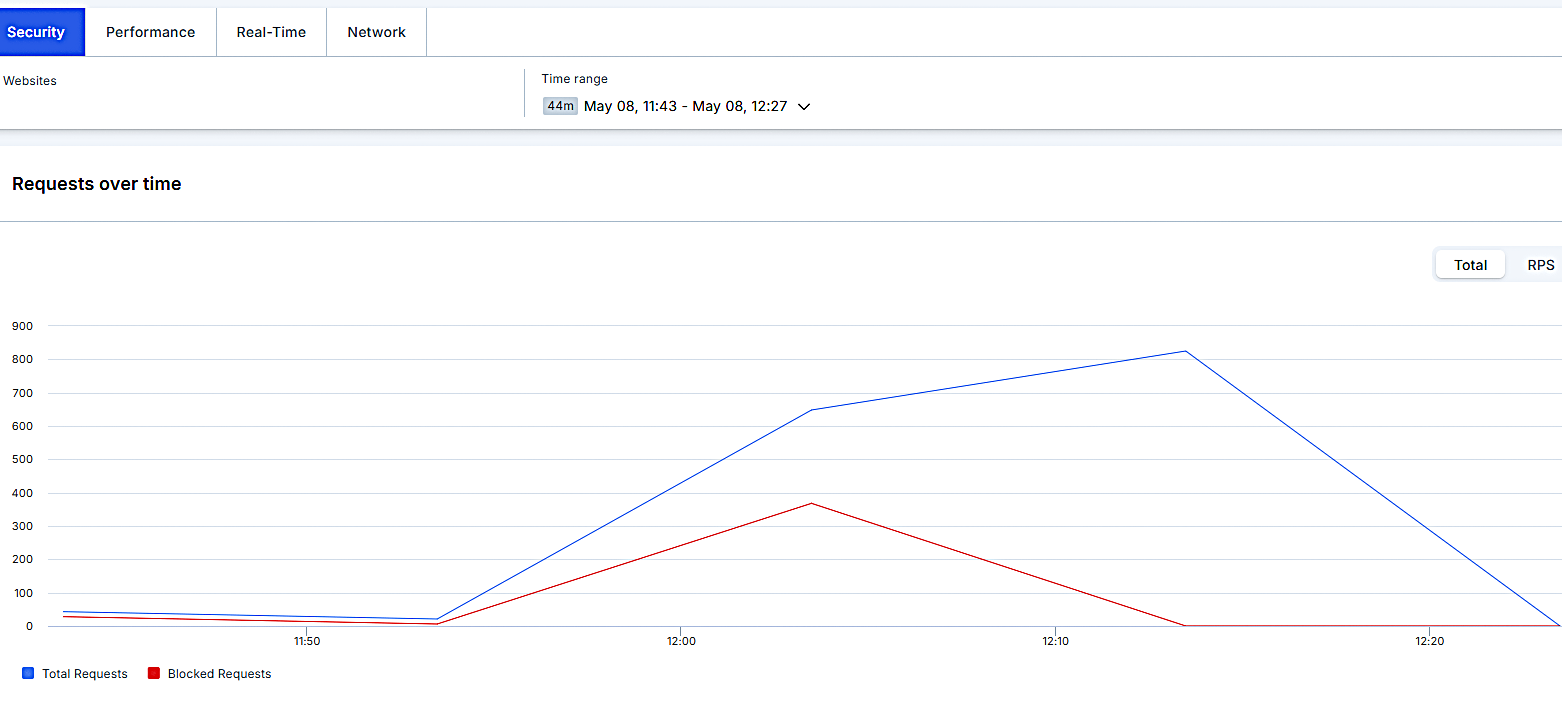





































































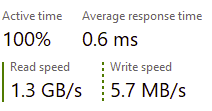


















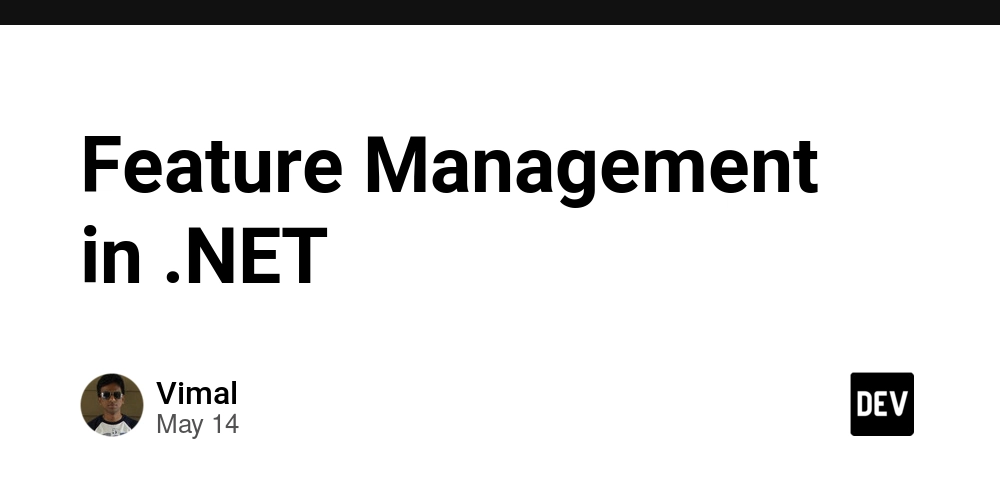























































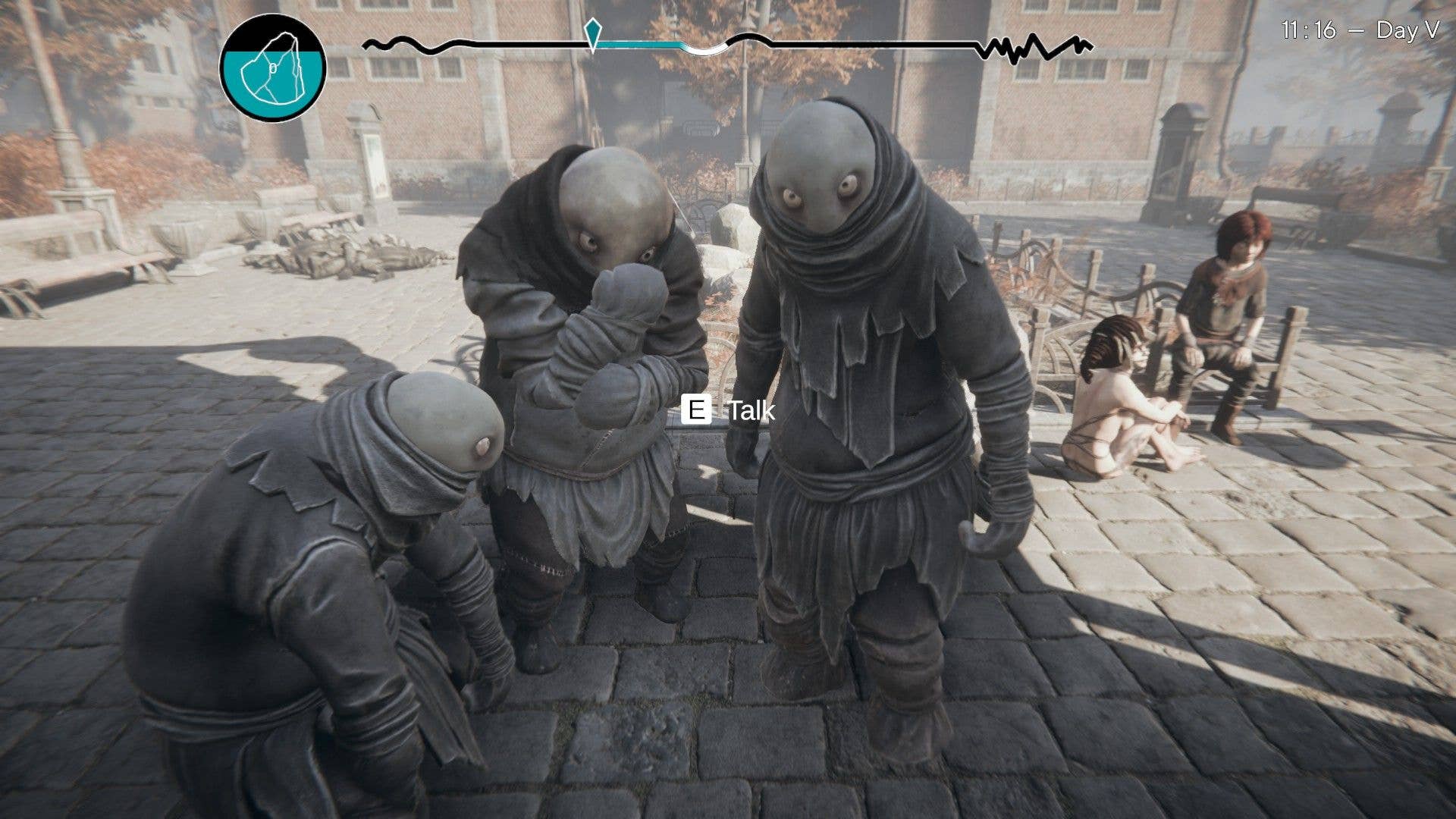









































































_Gang_Liu_Alamy.jpg?width=1280&auto=webp&quality=80&disable=upscale#)































































































![Review: Sonnet Echo 13 Thunderbolt 5 SSD Dock – 140W MacBook charging, 2.5GbE, up to 6000 MB/s SSD speed [Video]](https://i0.wp.com/9to5mac.com/wp-content/uploads/sites/6/2025/05/Sonnet-Echo-13-Thunderbolt-5-SSD-Dock-Review-1.jpg?resize=1200%2C628&quality=82&strip=all&ssl=1)



















![Apple Planning Bezel-Free iPhone With 'Four-Sided Bending' Display [Report]](https://www.iclarified.com/images/news/97321/97321/97321-640.jpg)

![Apple Working on Brain-Controlled iPhone With Synchron [Report]](https://www.iclarified.com/images/news/97312/97312/97312-640.jpg)









































